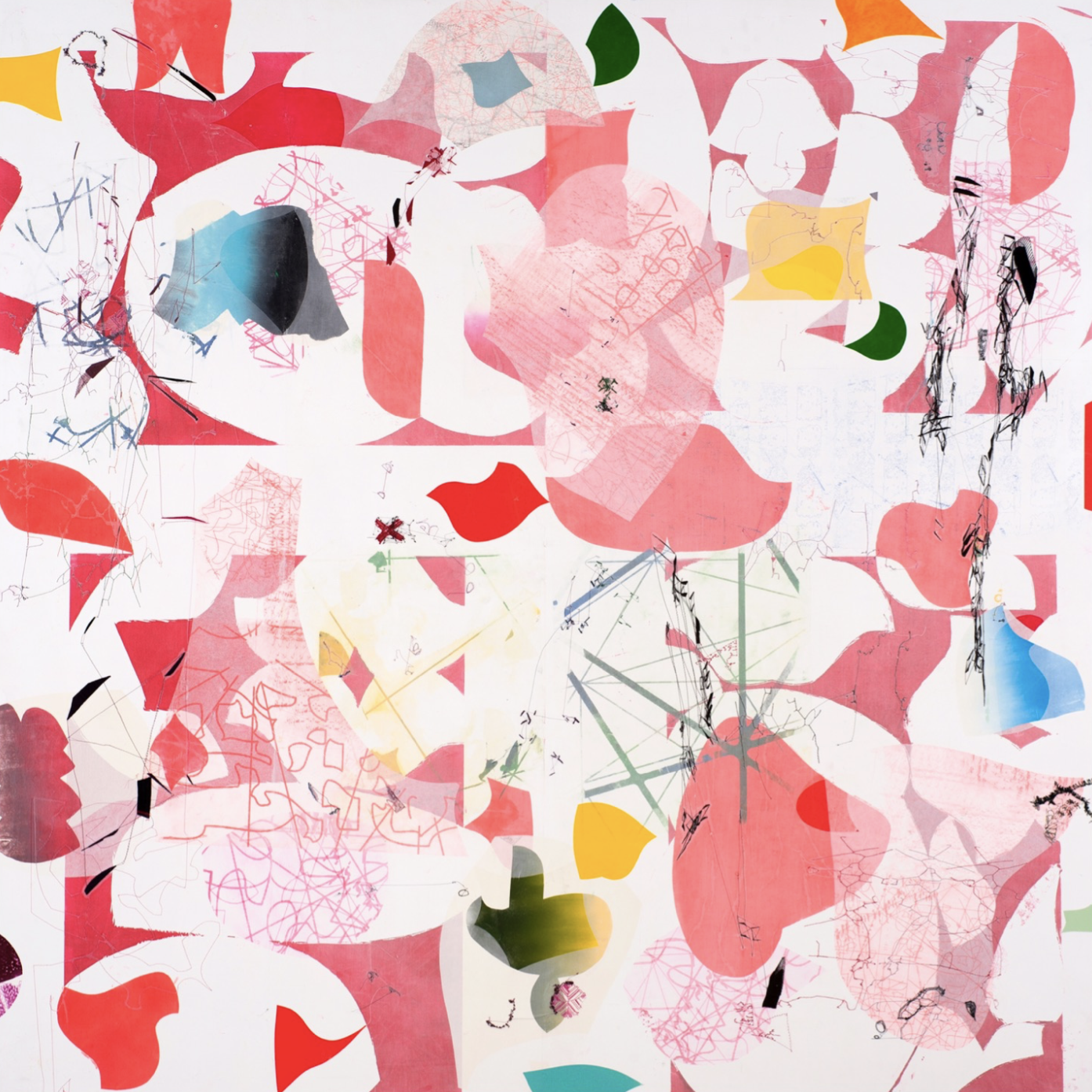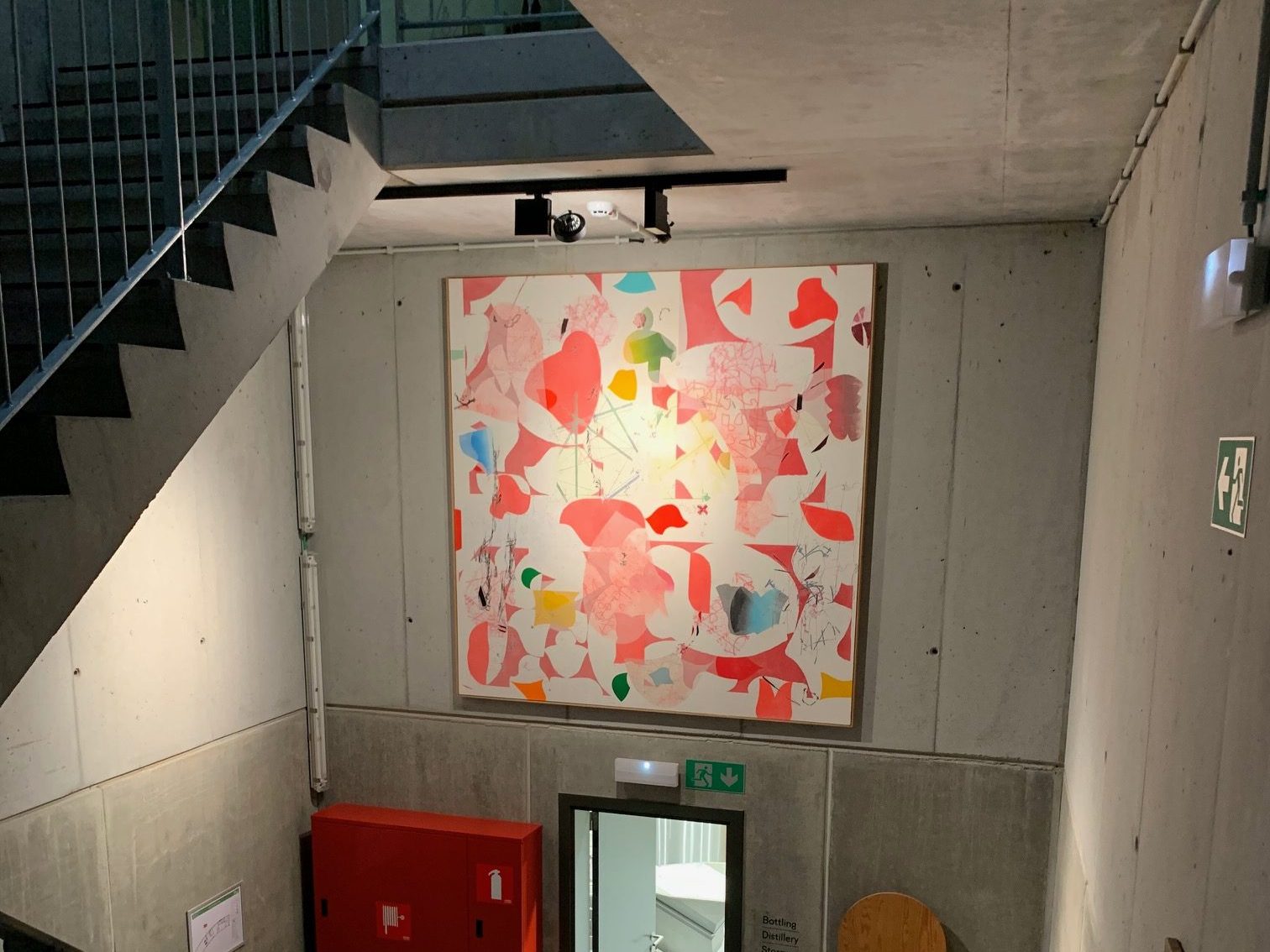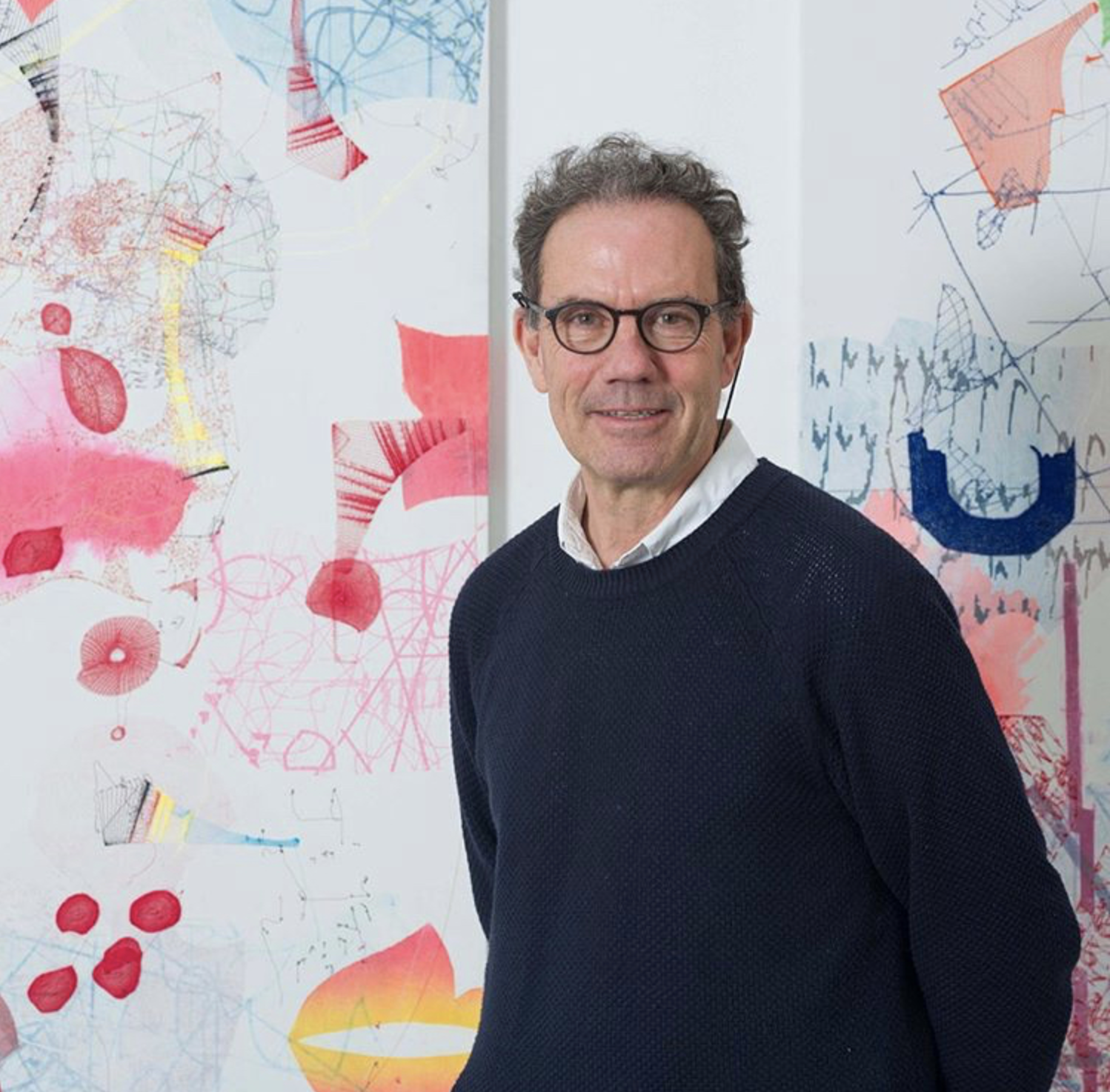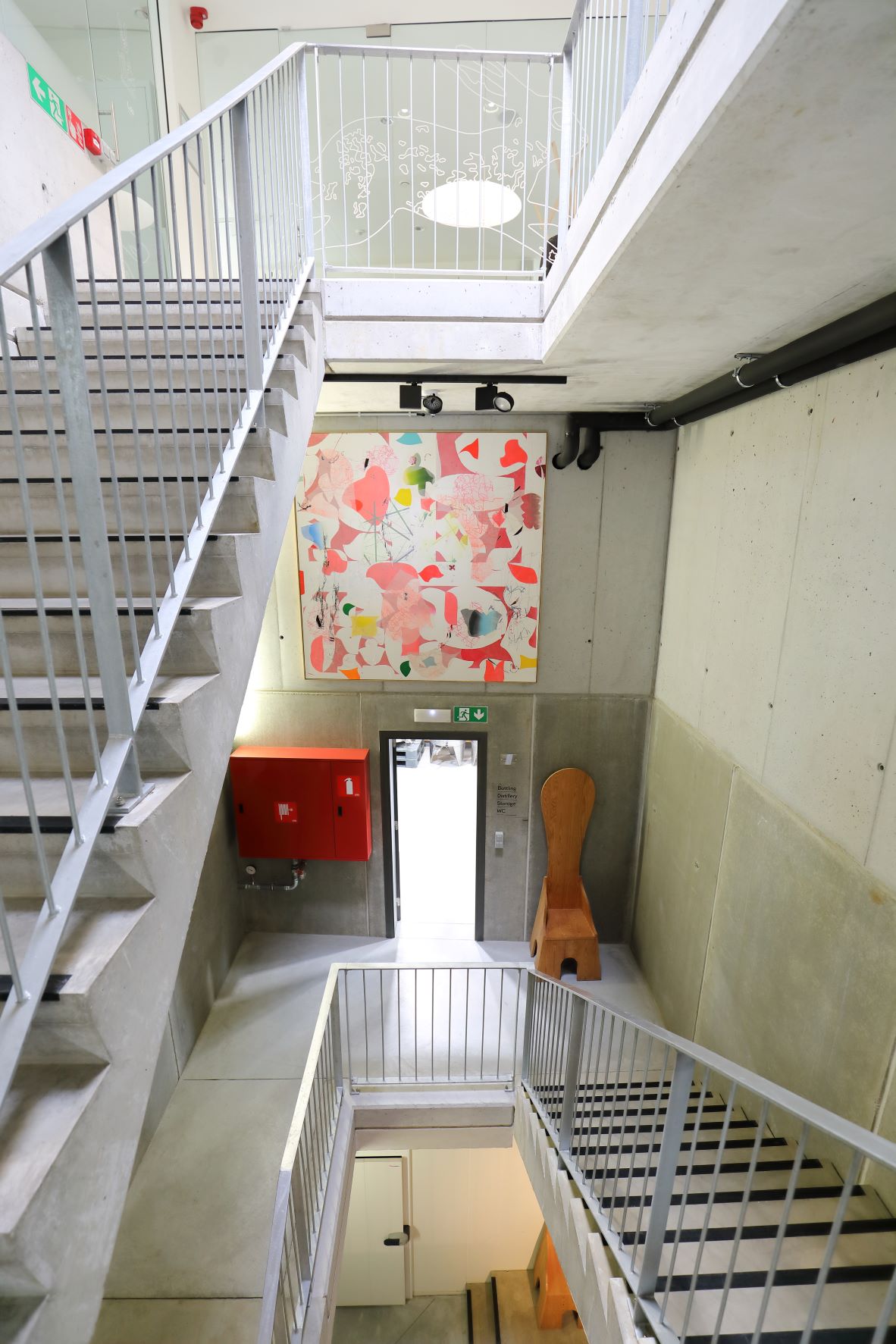José María SICILIA
José María Sicilia was born in Madrid in 1954.
He entered the School of Fine Arts there but moved to Paris in 1980. In the 1980s and 1990s, he also spent a lot of time in New York and established himself as one of the forerunners of the new generation of Spanish painters.
Today, José María Sicilia has studios in Paris and Mallorca.
The fusion of spirit and matter is central to José María Sicilia’s work. Matter is strongly and sensually present, while at the same time the works evoke associations with something ephemeral, fragile and intangible. Light is at the heart of his art, immaterial but omnipresent, evanescent but eternal, as an emblem of the mystery of life and death.
In an interview, he stated: “Art can supply beauty, but beauty is not a comfort … besides beauty is never in the artist’s eye, it is in the eye of the beholder”.
Deeply sensitive to nature, José María Sicilia devotes much of his work to questioning the immaterial space existing between art and life, between Eros and Thanatos.
Beyond their immediate and disquieting beauty, his works take us into frontier territories, where the familiar becomes foreign and memory is reflected over and again.
Presentation of the work exhibited in the winery
Acquisition date: June 2018
Exhibited in the stairwell between the winery and the cellar
El Instante, 2015
Work on bird songs and sonograms converted into images
With El Instante José María Sicilia deepens his reflection on sonograms, which are translations of sounds into shapes.
The majority of the motifs painted or printed on Japan paper are representations of stylized birdsong. The musicality that emerges is due to a harmony between dynamic colours; one feels as though one is attending a concert of songs in a clearing in the early morning. “Making the invisible visible” is a well-known formula, but it applies perfectly here. Throughout his artistic practice, José María Sicilia has pursued the invisible by relying on an aesthetic of the suspended and the murmured.
“Birdsong is the moment, only the moment – not the past, not the future. This moment is a fullness. We know we exist. It feeds us, and at the same time it eats us. It is the awareness of our solitude. Deader than death, it is the song of the bird that has just disappeared. The duration of the bird’s song is made up of moments without duration. That duration is life. Birdsong immobilises time. It expresses ecstasy. It gives us back the lost unity. This time does not flow – it gushes forth.”
José María Sicilia




